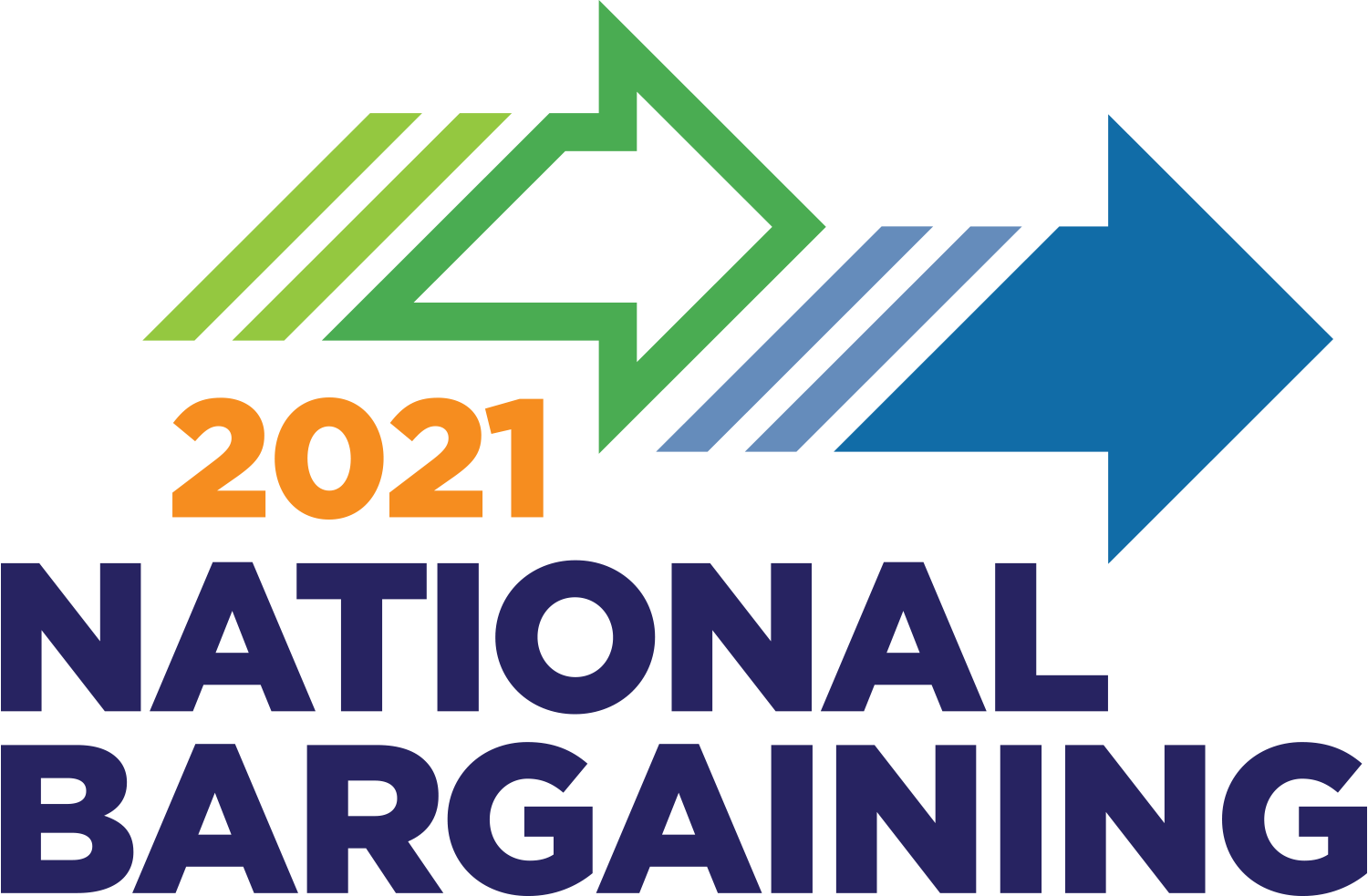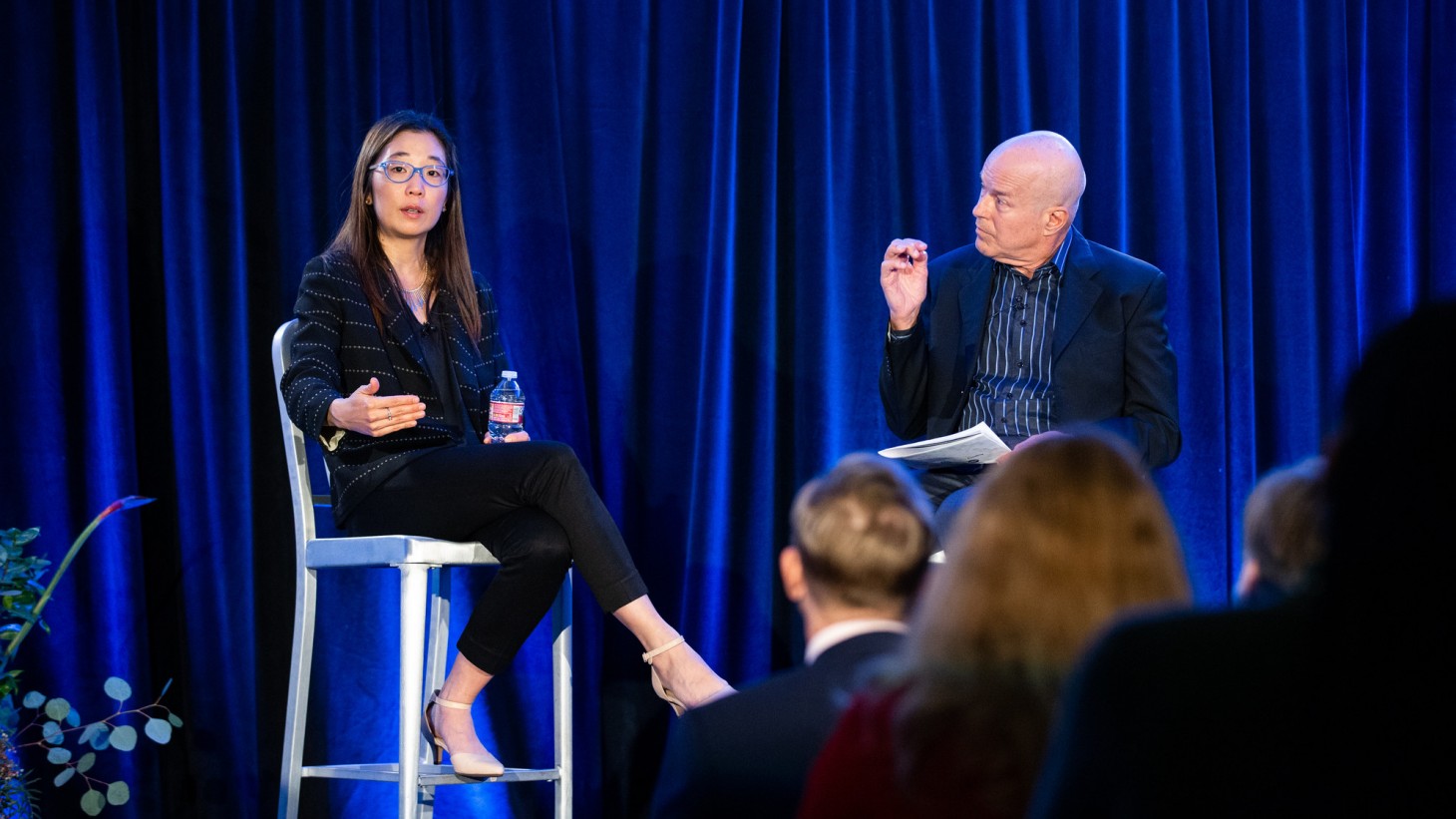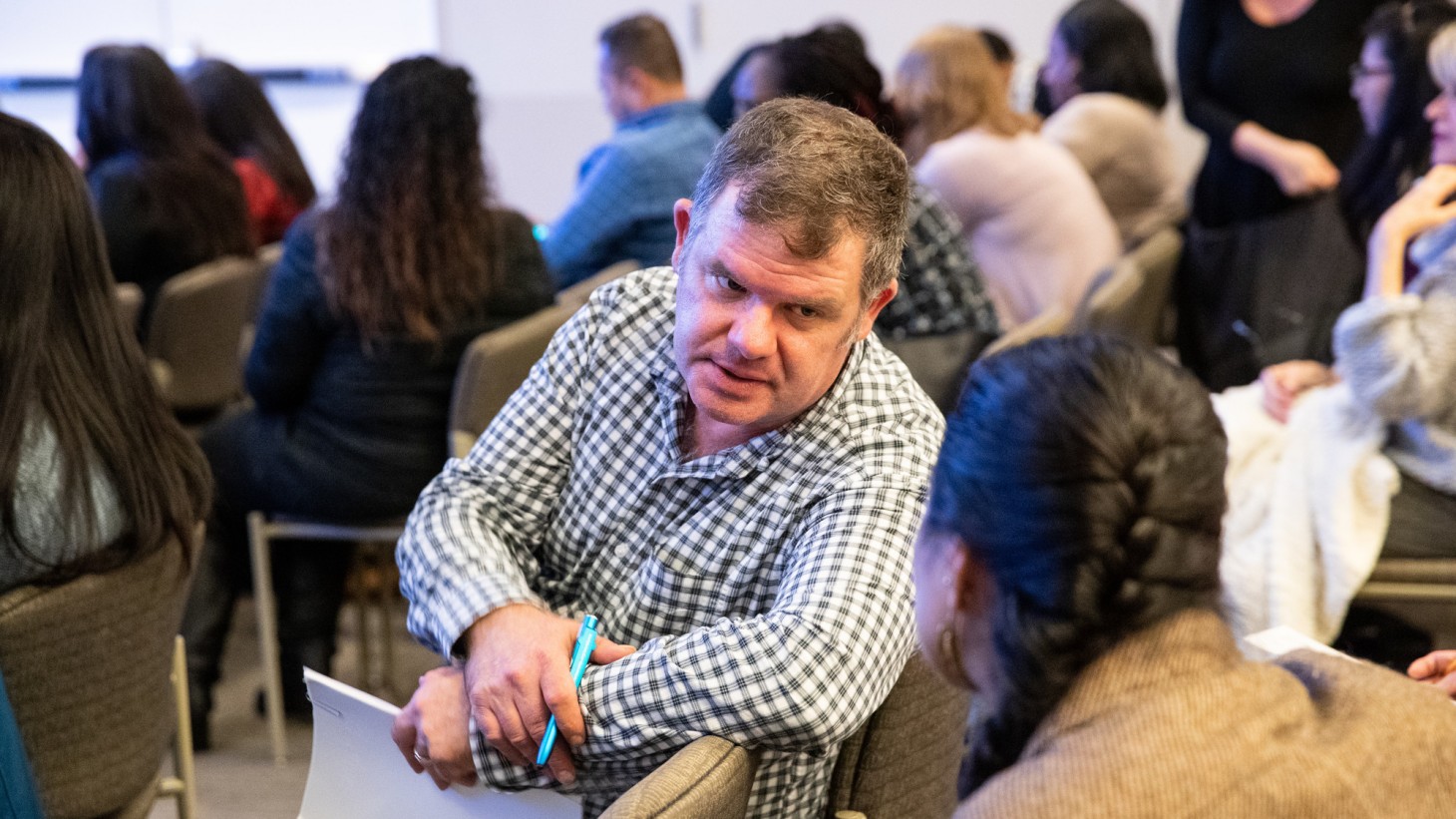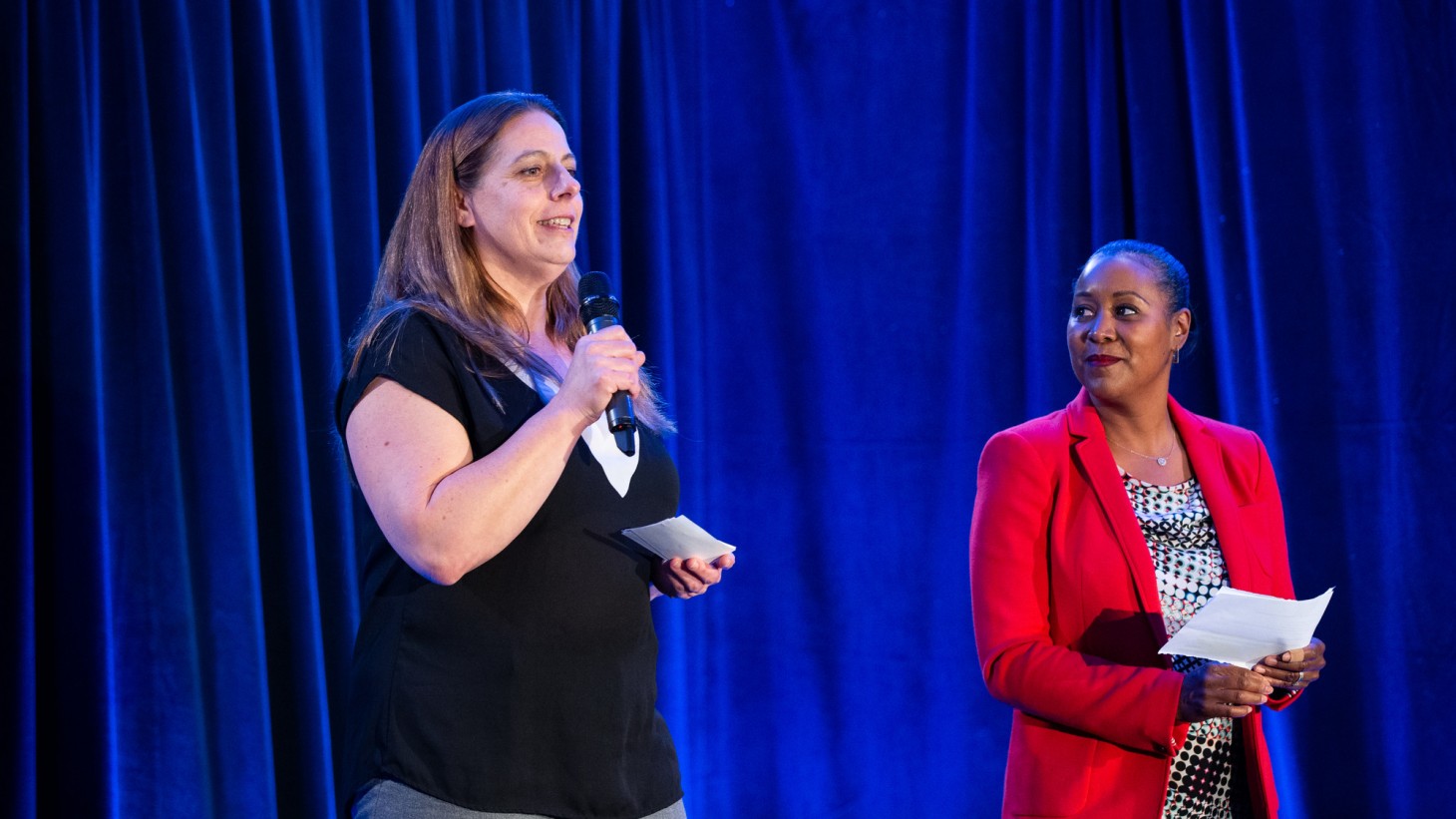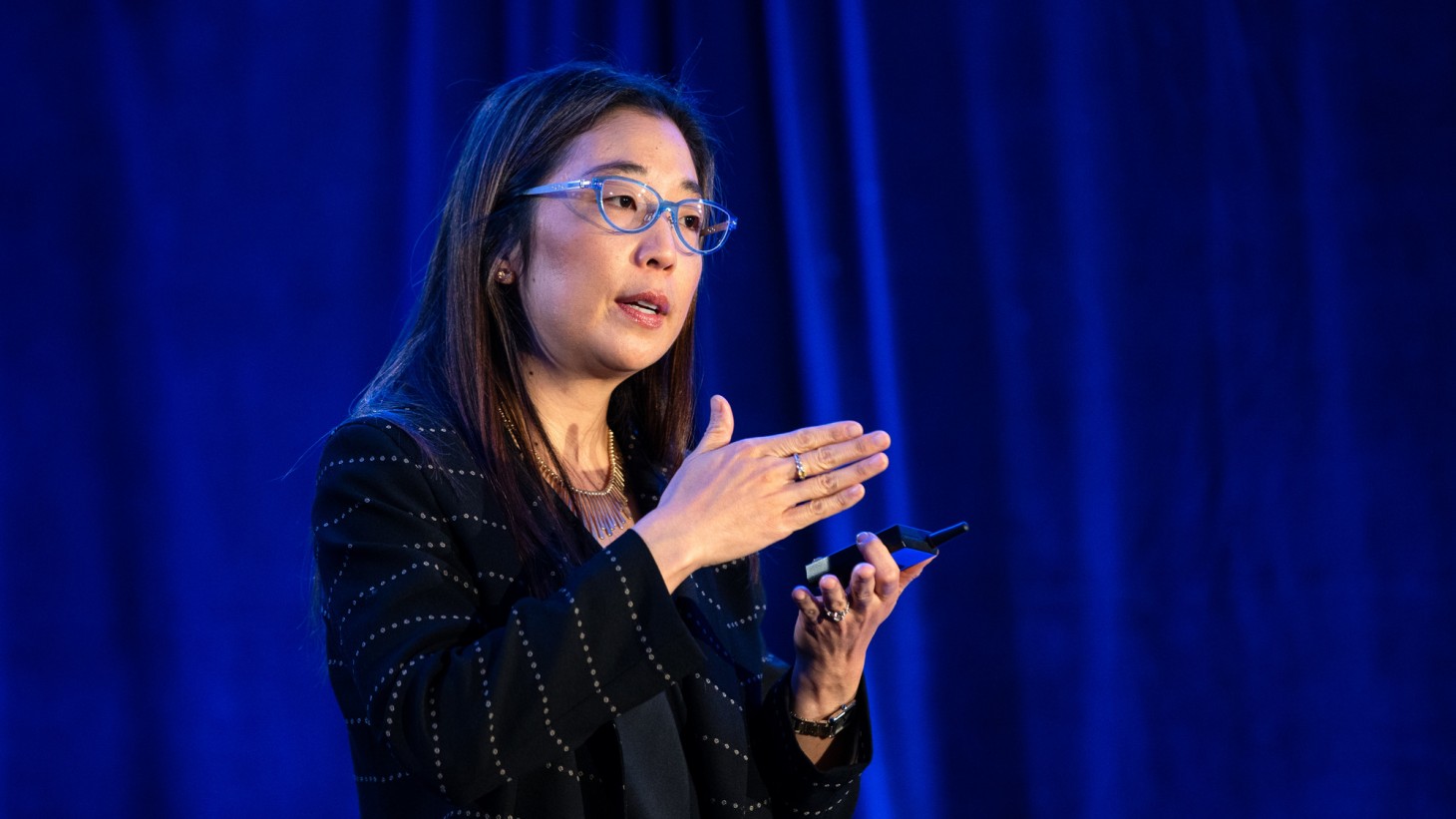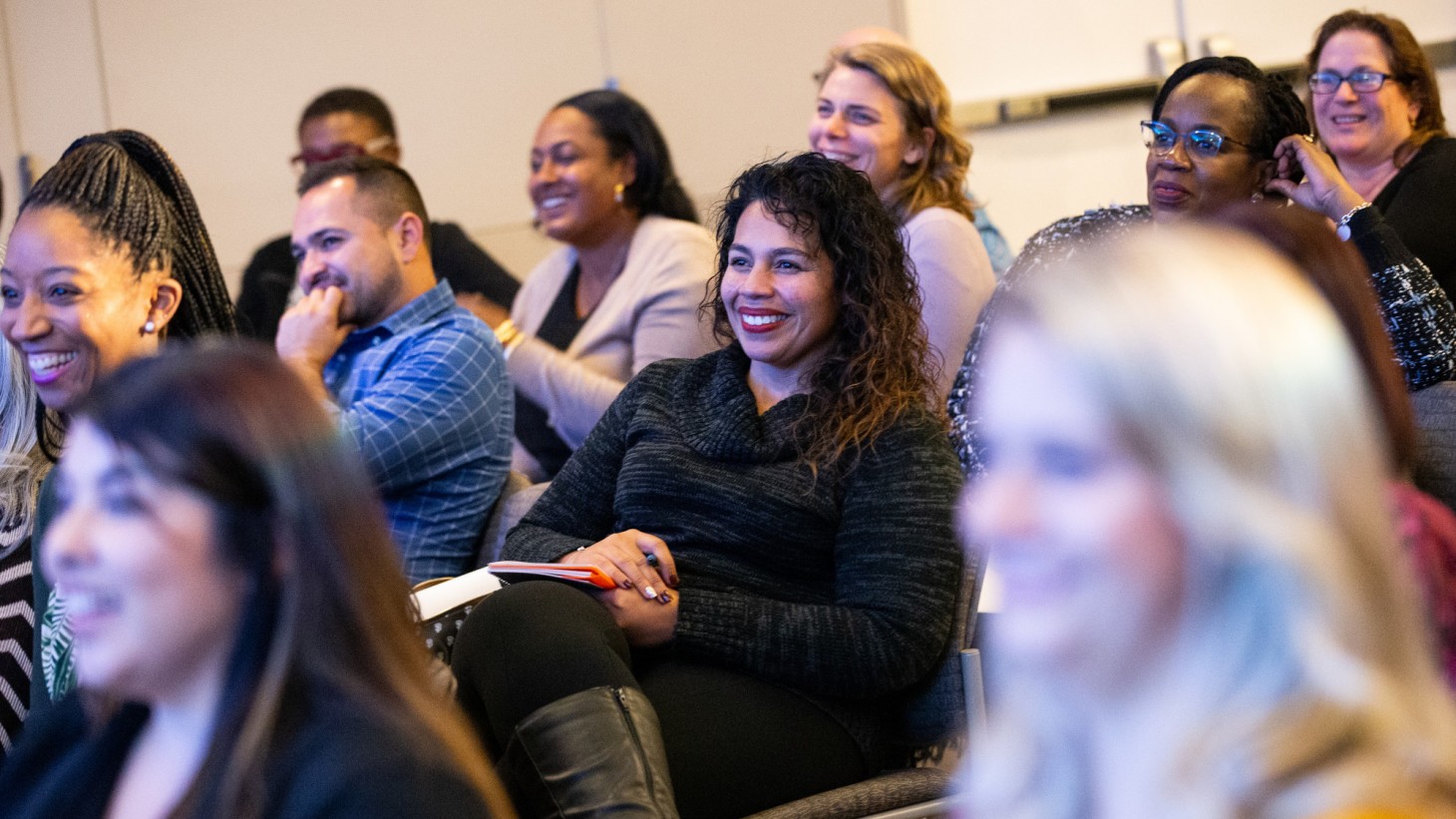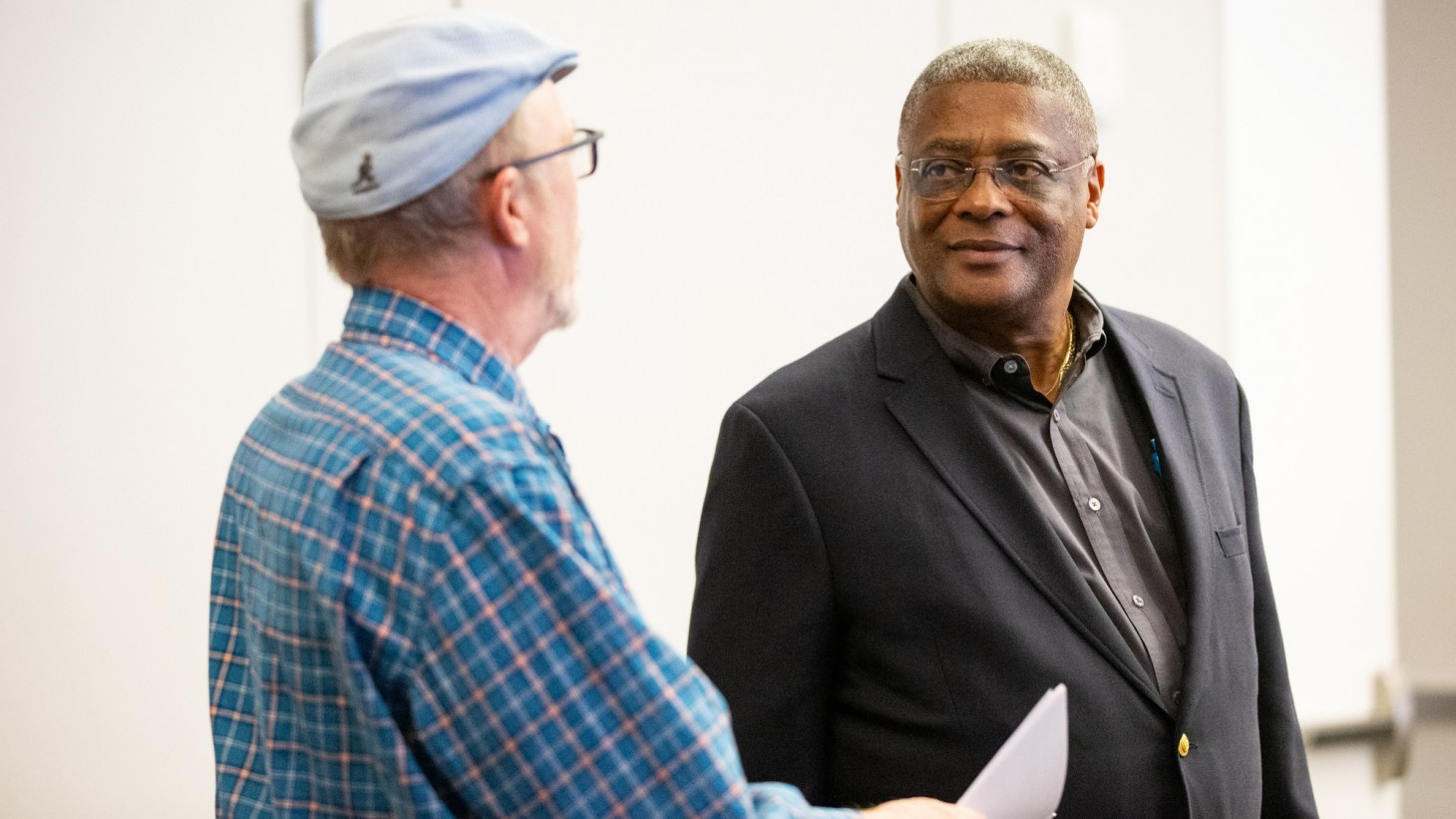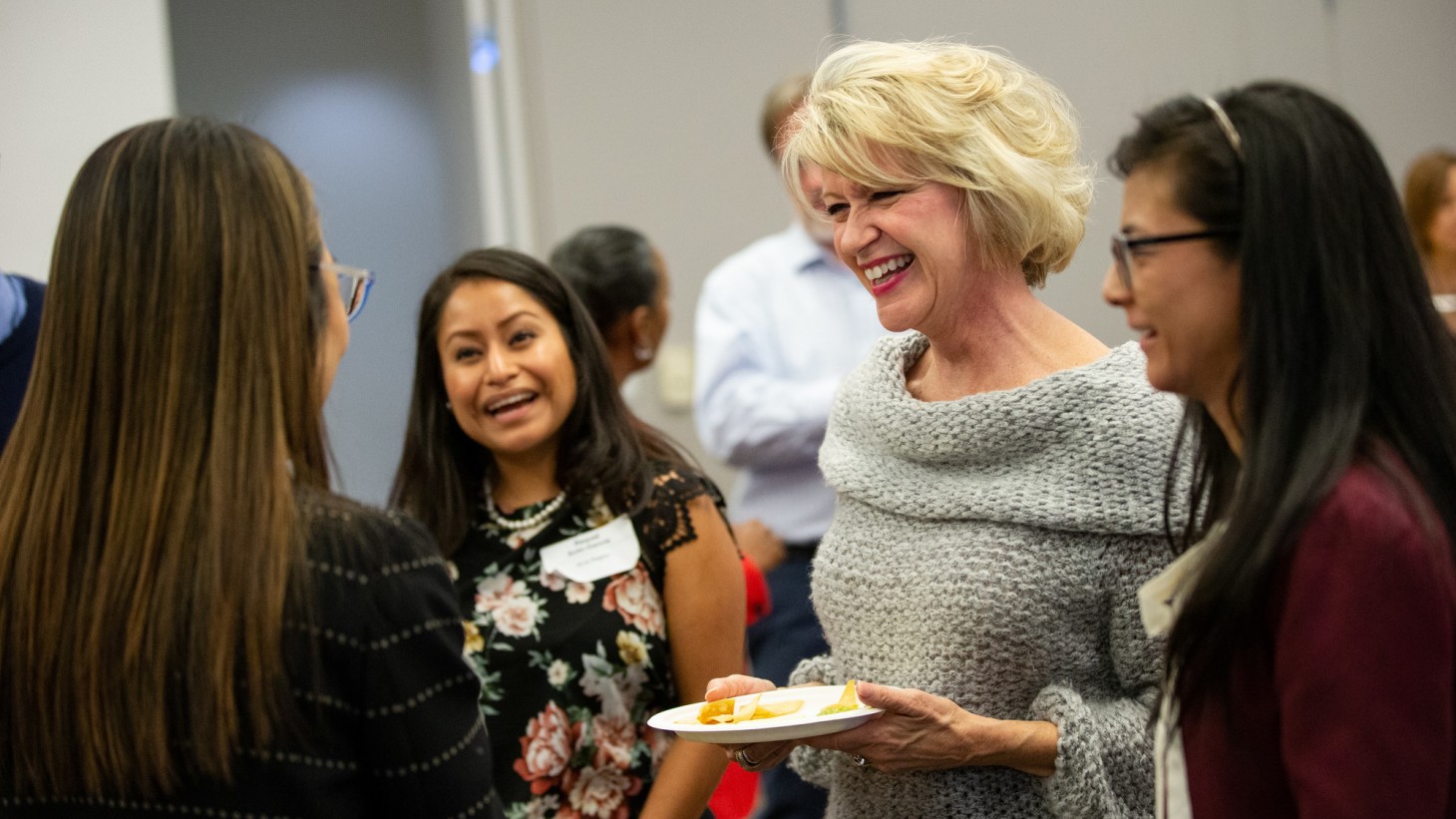Thought leader series offers tips to prepare for tomorrow’s jobs
Will robots replace our jobs?
As technology rapidly reshapes work, the future may be scary, but it’s also filled with opportunities, especially in health care. Kaiser Permanente workers can stay ahead by continuing to learn both technical skills and human skills such as communication and problem-solving, experts say.
“Cultivating our uniquely human skills may be the best way to prepare for an uncertain future,” says Michelle Weise, chief innovation officer at Strada Institute for the Future of Work.
“Don’t be a bad robot. Be a good human being,” says Benjamin Pring, director of Cognizant’s Center for the Future of Work. “We don’t want to see a robot doctor. We don’t want to see a robot nurse. A lot of (future) jobs are caring jobs where we want to have the human touch.”
Weise and Pring headlined events in November and December in the Future Ready Workforce of the Future Thought Leader Series. The webcast series, sponsored by the Labor Management Partnership and presented by National Workforce Planning and Development, aims to help prepare Kaiser Permanente’s workforce for tomorrow’s jobs.
“We want to ensure our employees have the skills necessary for the jobs of the future,” says Jessica Butz, co-director of the Partnership-supported Ben Hudnall Memorial Trust.
The goal is to build on record usage for Kaiser Permanente’s tuition reimbursement and 2 Partnership-supported education trusts and have employees continuously skill up to meet changing work needs.
Building skills
“It’s a skills-based world that we live in,” Weise says. “For so many learners, a degree is a bridge too far. They just need to survive and get their foot in the door in a job that pays well.”
Today, 44 million adult Americans lack a college degree, don’t earn a living wage and face being left behind by the future of work, according to a Strada report.
“We’re going to need to reimagine education as much more like a variety of highways with lots of on- and off-ramps,” Weise says. “Sometimes when we’re skilling up, it’s going to be for technical expertise or digital fluency. Sometimes it’s going to be for a broadening of human skills.”
Jobs of the future
Pring also is optimistic.
“We think in the future there will be net job increases,” Pring says. “They’ll just be different jobs.”
These new jobs, highlighted in Cognizant’s “21 Jobs of the Future“ and “21 More Jobs of the Future” reports, include fitness commitment counselor and artificial intelligence-assisted health care technician.
As work changes, technology will enhance most jobs and create new opportunities.
“The only way to deal with disruption is to be proactive,” Pring says. “Invent your own future rather than allow the future to happen to you.”
